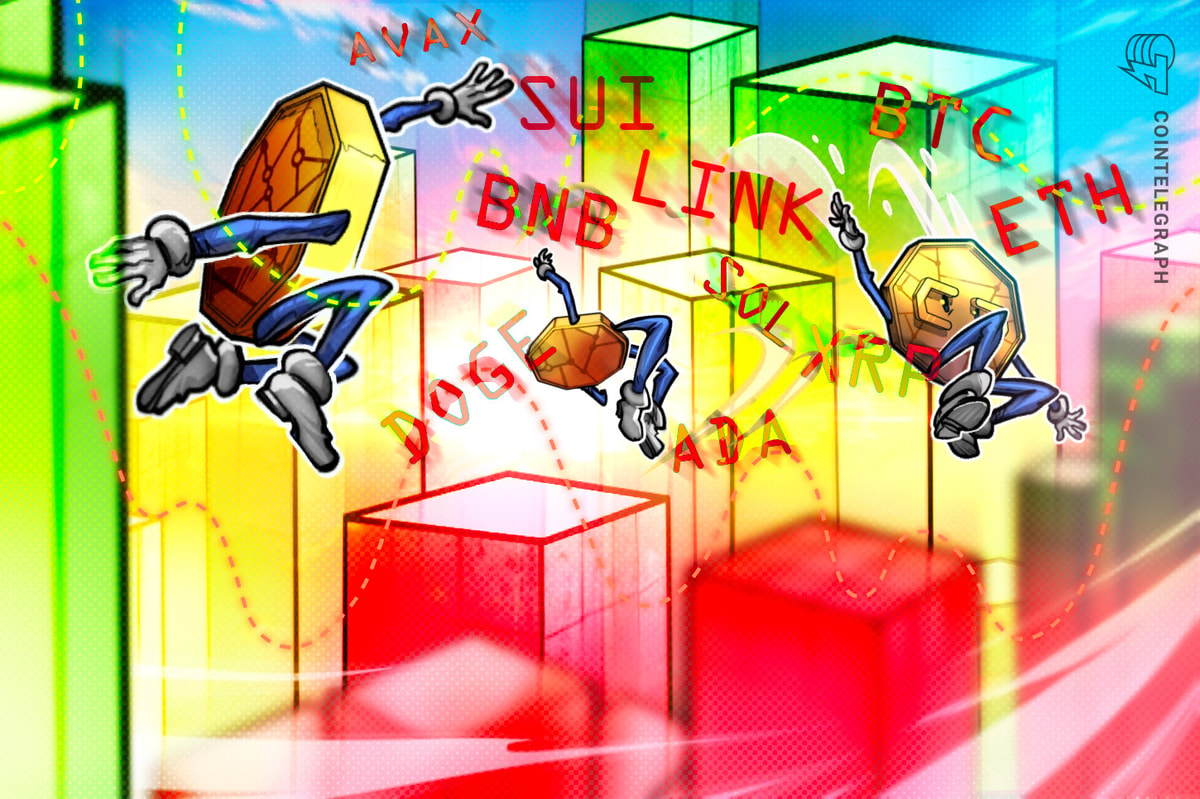SOL co-founder Anatoly Yakovenko recently highlighted the relationship between Solana and Ethereum as he said “Solana is Ethereum.” This assertion came in a post that also shed more light on the future of blockchain interoperability and Solana’s role in all of it.
Why “Solana Is Ethereum”
In a post on his X (formerly Twitter) platform, Yakovenko elaborated on his “Solana is Ethereum” comment as he stated that THE NETWORK is also a layer-2 network for Ethereum through the “wormhole eigenlayer.” With this, Yakovenko raised the prospect of Solana and Ethereum being interoperable despite operating different protocols and consensus mechanisms.
The co-founder went on to further state that this will become more feasible as soon as “danksharding is scaled up” as SOL blocks could be submitted into some “data validating bridge contract on ethereum.” Danksharding is a major upgrade that will be made to the Ethereum network in a bid to improve its scalability and efficiency.
Yakovenko’s proposition is an interesting one, considering that Solana has been dubbed the “Ethereum killer” for a long time now. However, the co-founder has shown that he is interested more in collaboration rather than competition. He previously hinted that he found the label distasteful as he didn’t see a future where SOL thrives and somehow ETH dies.
Meanwhile, from Yakovenko’s explanation, Danksharding is necessary if the network is somehow going to become a layer-2 for Ethereum. This is because Ethereum doesn’t have enough bandwidth for all of SOL’s data.
Solana seems to have even more capacity than Ethereum, as the co-founder also mentioned that it would be easier for Ethereum to become a layer-2 for Solana because it has more capacity for all of Ethereum’s blocks.
What Happens If Ethereum Reorganizes?
Another X user raised the issue of Solana and Ethereum boasting different consensus mechanisms in response to Yakovenko’s assertion. The user asked what would happen to SOL while acting as a layer-2 if Ethereum reorganizes.
The Solana co-founder, in response, explained that users would still be able to get their ETH tokens out of the bridge if that happened. He further noted that whether or not the network will reorganize if Ethereum does is up to social consensus and not defined in the bridge contract. However, that could be another issue, as there will need to be an agreement on both ends for seamless integration.
Yakovenko also addressed concerns about double spending as he stated that Solana won’t mint the wrapped ETH token “in its state” until Ethereum hits full finality. He also alluded to UASF (user-activated soft fork), which could play an integral role in curbing this.











